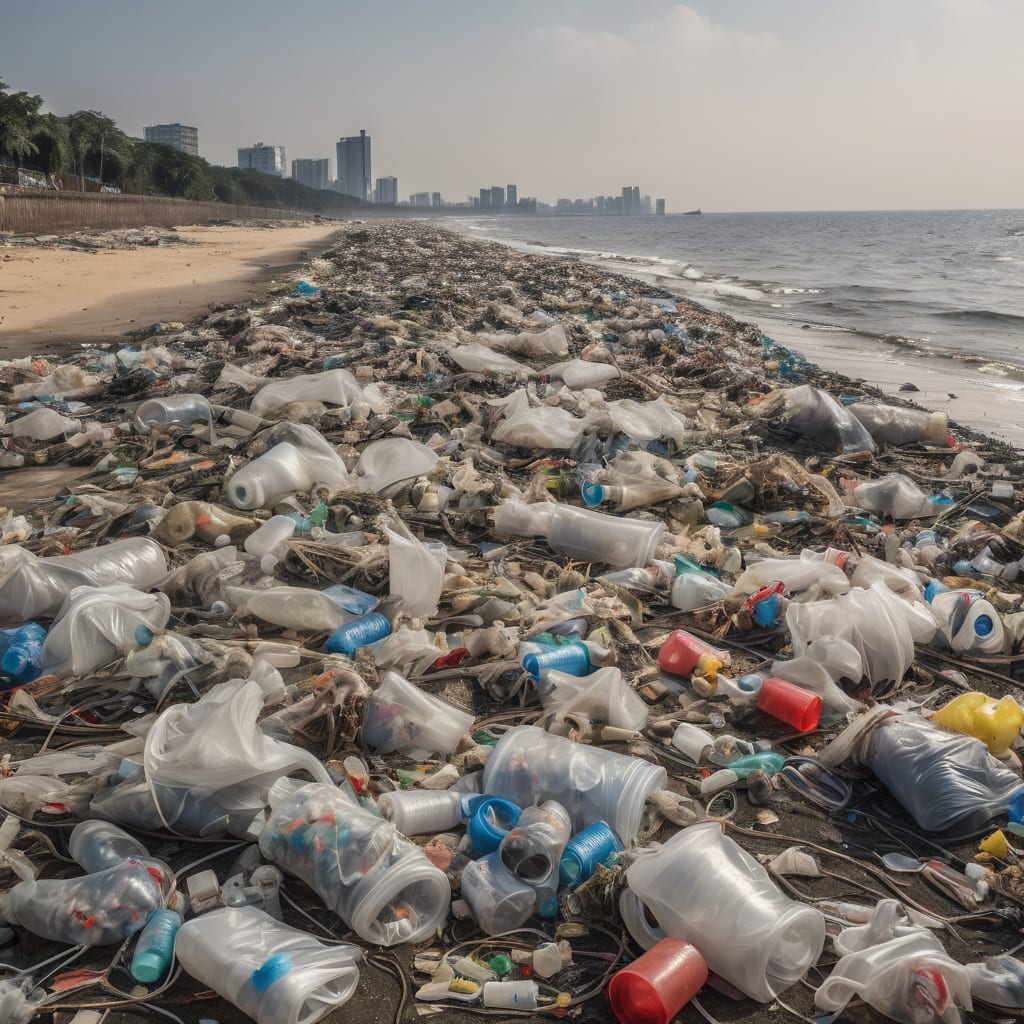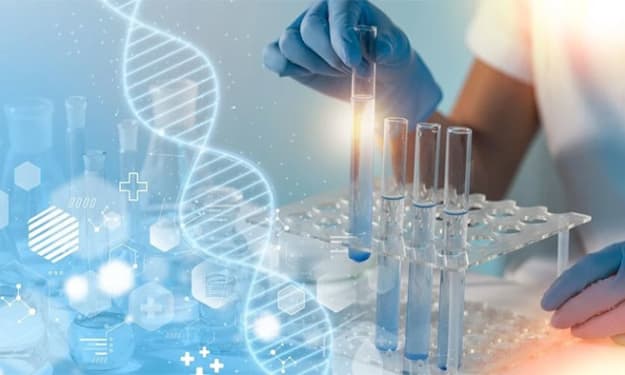Why Reducing Plastic Waste is Crucial for Our Planet
Taking Action Against Plastic Pollution to Protect Our Ecosystems, Wildlife, and Health

Why Reducing Plastic Waste is Crucial for Our Planet
Plastic waste has become one of the most pressing environmental issues of our time. With millions of tons of plastic being produced each year and only a fraction of it being recycled, the impact on our planet is profound. Reducing plastic waste is not just a choice; it's a necessity for the health of our ecosystems, wildlife, and even our own well-being. Here are the key reasons why we must take urgent action to reduce plastic waste and what steps we can take to make a difference.
1. Environmental Impact
Plastic pollution has devastating effects on the environment. Every year, around 8 million metric tons of plastic end up in our oceans, causing severe damage to marine life and ecosystems. This pollution not only affects the animals that ingest or become entangled in plastic but also disrupts entire marine habitats. For instance, the Great Pacific Garbage Patch, a massive collection of floating plastic debris, spans an area twice the size of Texas. This accumulation of waste is a stark reminder of the scale of the problem we face.
2. Harm to Wildlife
Wildlife is particularly vulnerable to the dangers of plastic waste. Animals often mistake plastic for food, leading to ingestion that can cause injury or death. Sea turtles, for example, confuse plastic bags with jellyfish, one of their primary food sources. Birds, fish, and marine mammals are all at risk of entanglement and ingestion of plastic debris. A study found that 90% of seabirds have plastic in their stomachs, a figure expected to reach 99% by 2050 if current trends continue.
3. Human Health Risks
The impact of plastic waste extends beyond the environment and wildlife; it also poses significant risks to human health. Microplastics, tiny plastic particles that result from the breakdown of larger plastic items, have been found in drinking water, food, and even the air we breathe. These microplastics can carry harmful chemicals, which may enter the human body and disrupt hormonal functions, leading to various health issues. The long-term effects of microplastic ingestion are still being studied, but the potential risks are alarming.
4. Economic Costs
Plastic pollution has substantial economic implications. The cost of cleaning up plastic waste, coupled with the economic losses incurred by affected industries such as fishing and tourism, is staggering. In the United States alone, it is estimated that plastic pollution costs $13 billion annually. These costs include cleanup efforts, environmental damage, and losses to coastal and marine economies.
5. Sustainability and Resource Conservation
The production of plastic is resource-intensive, relying heavily on fossil fuels. By reducing plastic waste, we also reduce the demand for these non-renewable resources. Moving towards more sustainable materials and recycling practices conserves natural resources and reduces greenhouse gas emissions associated with plastic production. Embracing a circular economy, where products are designed to be reused and recycled, is essential for achieving long-term sustainability.
Steps to Reduce Plastic Waste
Reduce Single-Use Plastics: One of the most effective ways to cut down on plastic waste is to eliminate single-use plastics from our daily lives. Items such as plastic bags, straws, and disposable cutlery can be replaced with reusable alternatives. Many cities and countries have already implemented bans or restrictions on single-use plastics, demonstrating the feasibility of this approach.
Recycle Properly: Ensuring that plastic waste is properly sorted and recycled can significantly reduce the amount that ends up in landfills and oceans. Familiarize yourself with local recycling guidelines and participate in community recycling programs.
Support Legislation: Advocate for policies and regulations that aim to reduce plastic waste and promote sustainable practices. Support initiatives that encourage the development of biodegradable materials and improved waste management systems.
Educate and Raise Awareness: Education plays a crucial role in reducing plastic waste. Inform others about the environmental and health impacts of plastic pollution and encourage sustainable practices within your community.
Participate in Clean-Up Efforts: Joining local clean-up events can make a tangible difference in reducing plastic waste in your community. These efforts also raise awareness and inspire others to take action.
Conclusion
Reducing plastic waste is a critical step towards protecting our planet, safeguarding wildlife, and ensuring our own health and well-being. The impacts of plastic pollution are far-reaching, affecting every corner of the globe. By making conscious choices in our daily lives, supporting sustainable practices, and advocating for change, we can collectively make a significant difference. It's time to take responsibility for our plastic footprint and work towards a cleaner, healthier future for all.
About the Creator
Enjoyed the story? Support the Creator.
Subscribe for free to receive all their stories in your feed. You could also pledge your support or give them a one-off tip, letting them know you appreciate their work.






Comments (1)
Plastic waste is one of the most pressing environmental issues of our time. I've always been passionate about protecting our planet and finding ways to reduce my ecological footprint. Reducing plastic waste is a simple yet powerful way to make a positive impact.